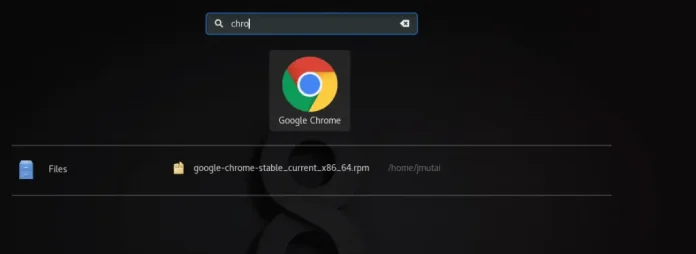The getMillis() method of java.lang.reflect.LogRecord is used to get the event time in LogRecord.This event time has unit in MilliSeconds since 1970.
Syntax:
public long getMillis()
Parameters: This method accepts nothing.
Return: This method returns truncated event time in millis since 1970.
Below programs illustrate getMillis() method:
Program 1:
// Java program to illustrate// getMillis() method import java.text.DateFormat;import java.text.SimpleDateFormat;import java.util.Date;import java.util.logging.Level;import java.util.logging.LogRecord; public class GFG { public static void main(String[] args) { // Create LogRecord object LogRecord logRecord = new LogRecord( Level.parse("800"), "Hi Logger"); logRecord.setMillis(999999999900L); // get event time long millis = logRecord.getMillis(); // get event time and // convert it into a date DateFormat simple = new SimpleDateFormat( "dd MMM yyyy HH:mm:ss:SSS Z"); Date result = new Date(millis); System.out.println( "Event Time " + simple.format(result)); }} |
Event Time 09 Sep 2001 07:16:39:900 +0530
Program 2:
// Java program to illustrate// getMillis() method import java.text.DateFormat;import java.text.SimpleDateFormat;import java.util.Date;import java.util.logging.Level;import java.util.logging.LogRecord; public class GFG { public static void main(String[] args) { // Create LogRecord object LogRecord logRecord = new LogRecord( Level.parse("600"), "GFG Logger"); logRecord.setMillis(9632736138L); // get event time long millis = logRecord.getMillis(); // get event time and // convert it into a date DateFormat simple = new SimpleDateFormat( "dd MMM yyyy HH:mm:ss:SSS Z"); Date result = new Date(millis); System.out.println( "Event Time " + simple.format(result)); }} |
Event Time 22 Apr 1970 17:15:36:138 +0530
References: https://docs.oracle.com/javase/10/docs/api/java/util/logging/LogRecord.html#getMillis()




